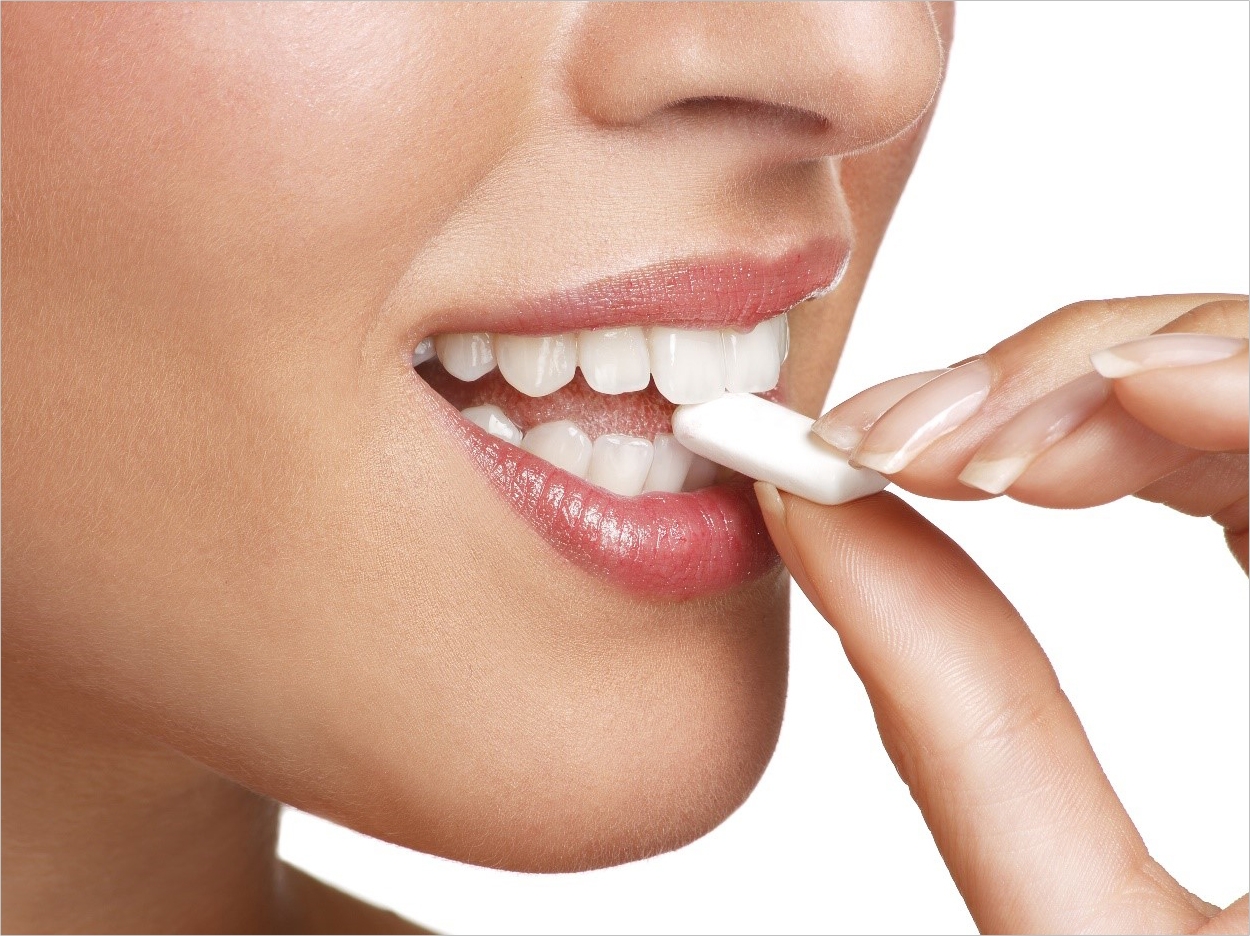
If current consumers of sugar-free chewing gum increase their consumption by just one piece per day, $4.1 billion could be saved worldwide on dental expenditures from treating tooth decay each year, according to the Institute of Empirical Health Economics (IEHE). These savings would include $2.07 billion in the United States, $1.1 billion in Europe, and $149 million in China.
Chewing increases salivary flow, which helps remove leftover food debris while neutralizing and washing away the acids that are produced when food is broken down by the bacteria in plaque on teeth. This acid can break down tooth enamel. Also, the increased saliva provides more calcium and phosphate to help strengthen the enamel.
According to the ADA, chewing sugarless gum for 20 minutes after a meal can help prevent tooth decay. While sugarless gum should not replace brushing and flossing with a fluoride toothpaste twice a day and flossing once a day, the ADA reports, it can be an effective adjunct to oral care.
“In addition to the well-established clinical benefits, for the first time, this study models the reduction in the relative risk of tooth decay and subsequent cost savings for dental care as a result of increased consumption of sugar-free gum as part of a complete oral hygiene routine,” said Michael Dodds, BDS, PhD, lead oral health scientist with Wrigley, which funded the study and produces a range of sugar-free gum brands.
The study modeled the potential decrease in dental health costs from caries for 25 industrial countries. According to the researchers, 60% of dental service costs around the world are related to tooth decay, while 60% of all children and 90% of all adults have tooth decay. The IEHE and Wrigley both call for the inclusion of sugar-free gum in national oral healthcare advice, alongside other proven oral hygiene behaviors.
“While further studies are needed, these are exciting new insights that add to the extensive body of evidence on the benefits of sugar-free gum in oral care,” said Dodds.
The study, “A Global Approach to Assess the Economic Benefits of Increased Consumption of Sugar-Free Chewing Gum,” was published by the American Journal of Dentistry.
Related Articles
Sugar-Free Gum Could Save the UK Millions
Xylitol Shows No Positive Effect on Orthodontic Patients
Low-Cost Peptide Kills Bacteria and Breaks Up Plaque












